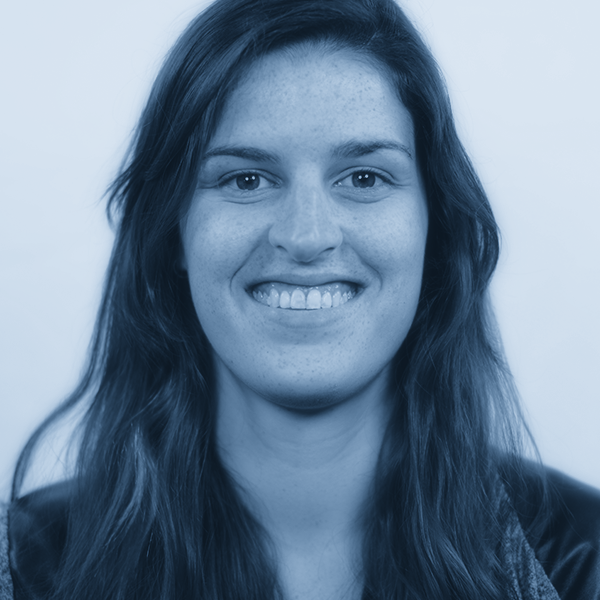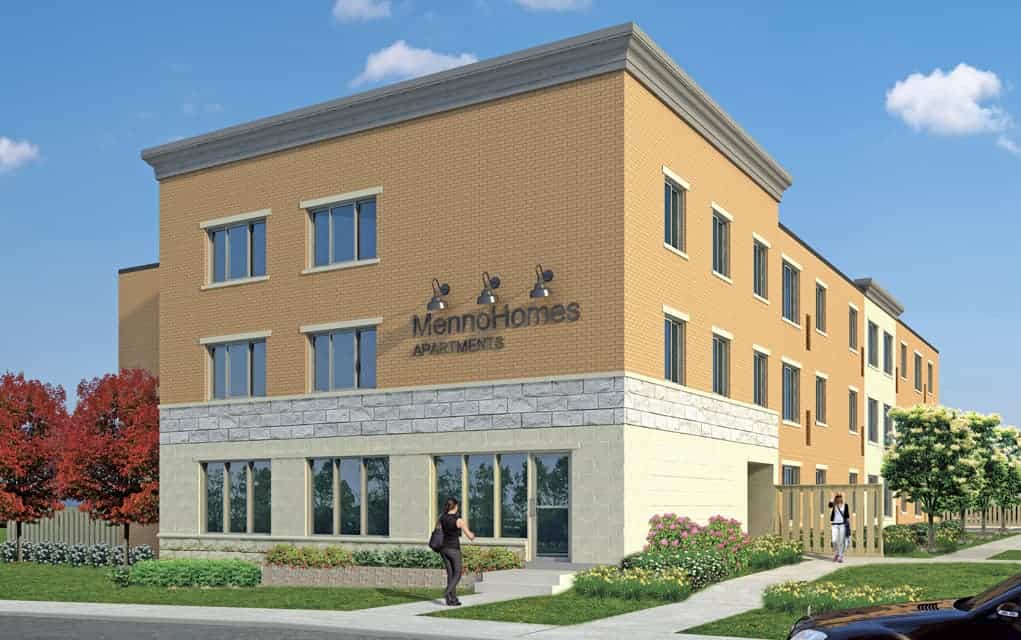Can you imagine having to travel across the country just to have surgery? What about having to take out thousands of dollars in loans to pay for medication and medical equipment?
This is the reality of hundreds of Ontarians with rare diseases. Kitchener-Conestoga MPP Michael Harris wants it to stop.
Harris met Feb. 19 with local rare-disease sufferers, including Elmira’s Ed Speers who received a double-lung transplant in 2012, and their families. The Kitchener event saw the end of a province-wide tour to garner support for his private member’s motion to form an all-party select committee to create recommendations for future rare disease treatment.
He says the roundtable discussion was very informative, and he is hoping that when his motion is put forth on Mar. 3, that the government will push forward to create a committee.
“I don’t have the solution, but I am hoping that through the select committee, which is a committee of MPPs that would tour the province, and hear from rare disease sufferers, families, academics and experts and others, that we could come up with recommendations on how we can better support people in Ontario with a rare disease,” he said after the meeting.
One of the biggest problems Harris heard about from those who have been diagnosed with a rare disease, such as Atypical Hemolytic-Uremic Syndrome, a disease that affects the body’s immune system, or Ehlers-Danos syndrome, a condition that affects skin, muscles and ligaments, is getting the diagnosis in the first place.
“From the get-go, some have an immense struggle in being actually diagnosed. They have all these symptoms but can’t figure out what they actually have, seems to be the big problem,” he said, adding that once the diagnosis comes through, the next part of the struggle begins – treatment. “Then, finding out what you have, and it being rare, sometimes to use the treatment that is available, and sometimes it is not, and if it is, the hurdles we have or hear about, is that they can’t access the treatment. It could be a surgery that isn’t performed in the province of Ontario that they feel they have to go out of the province for, which many of them have.”
Neither Harris, nor any of his immediate family members has been diagnosed with a rare disease, that doesn’t lessen his passion for the fight for equal health care.
“I heard a story in Ottawa where a lady had almost wished that her husband had been diagnosed with cancer, which is a terrible thing to say, but they would have been in the system. They would have had a path, they would have been supported, whereas with his rare disease, they were left on their own,” he said. “I didn’t really know much about the struggles of those with a rare disease until I was at Queen’s Park and I saw these people coming through the doors on a monthly basis that were from different rare disease groups, begging for their loved one’s lives. I said there is something clearly wrong here that is forcing these people to come to Queen’s Park to beg the politicians for treatment that they need. This led me to this cause.”
For those that don’t understand the struggle that comes along with being diagnosed with a disease people can’t pronounce, let alone haven’t heard of, Harris says to look in your own community and find empathy for those living next door.
“I know that our communities are fantastic and they are so generous, that they have stepped up and help these families to purchase these things that they need like ventilators, but until they have to do that, and read the stories in the newspaper, they don’t realize that this actually has to happen in their communities,” he said, adding that is what he is calling for his fellow MPPs to do, as well. “When you read the stories, they are very touching and my call would be for the committee that would study a variety of things from what is the definition of a rare disease is, to better medical training of our professionals on how to better diagnose, to refer to specialists.”
Next up, the motion is up for debate at Queen’s Park on Mar. 3, but even then, the committee may not be struck. Harris says the decision is left to the higher ups.
“We debate the motion on the 3rd of March and even though there is a bit of process to it, even if it passes, it is up to the government to get it going. It doesn’t necessarily mean it will happen if it is supported, the government has to call it,” he said, adding that these committees have been very successful in the past, dealing with other issues. “We have seen success of the select committee process in the past like with the select committee on mental health and addictions, developmental disabilities and we just wrapped one up on sexual harassment in the workplace. These have been done before and the work of the government can continue on this file, but there needs to be a bipartisan approach to potentially bringing forth recommendations on helping people with rare diseases.”
To learn more about the struggle with a rare disease, hear stories from sufferers and how to support those with rare diseases, visit Harris’ website www.treatraredisease.ca.









